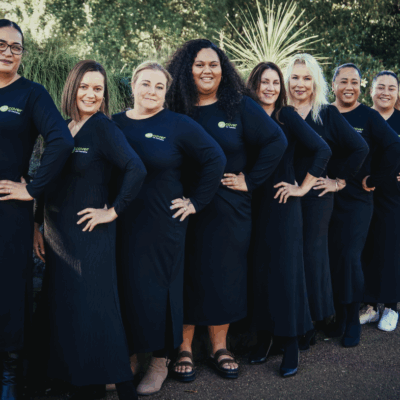Many Kiwis dream of owning their own restaurant or café, but sales of commercial kitchen equipment suggest a growing number are realising a shortcut through the growing popularity of night markets.
General Manager of FED Hospitality Equipment, Rainie Hebrides, said the company has gone from occasionally outfitting a food truck, trailer or caravan a year ago to current numbers of around five or six a week.
“A company that manufacturers food trailers that we supply has opened up new branches in the North and South Islands as a result of demand. Growth has gone through the roof to the extent that FED released a mobile mini-kitchen range earlier this year.
“Night markets are a growing phenomenon. The most popular foods people request mobile kitchen equipment for are fries, noodle bars, BaoBao dumplings, Asian fusion and deep-fried chiros. Noodles and fries have been going nuts.”
Hebrides said mobile food kitchens are a good stepping-stone towards the dream of owning a restaurant or café.
“It costs between $5,000 to $7000 to equip a food trailer with fryers, a pasta cooker, griddle and under-bench refrigeration. A professional outdoor mobile kitchen set-up will cost you between $30,000 to $40,000, that’s plus the cost of building a trailer and getting it sign-written.“However, a restaurant can easily set you back between a quarter and half a million dollars – not to mention having to come up with a good location, interior design and the council consents process. If you spend less than $250,000 on setting up a restaurant it will most likely fail. Standards today are really, really high.”
Hebrides said it’s not just night markets that demonstrate that eating is moving outdoors. “Agricultural shows, expos, functions and farmers markets are some of the other outdoor catering events helping to drive demand.
“In the past many Kiwis built their own food trailers, but I think consumers today demand higher standards and the DIY approach is declining. Of course, it is also now possible for people to finance their mobile kitchen, so entry has gotten a lot easier.”
Hebrides advises people thinking about taking a shortcut to their culinary business dream to do their research and plan carefully because the competition will naturally get tougher.
- Should you stay or should you go?
“A mobile kitchen isn’t necessarily mobile. You can choose to travel from event to event or remain in one location. The first decision is about just how mobile you want to be – obviously both have their pros and cons.”
Hebrides send some restaurants were setting up kitchens in a mobile container to maximise seating capacity in their brick and mortar businesses, while others were making the food and distributing it via Uber eats.
- What to eat and what not?
“Research your food choices. Just because nobody is making a certain dish doesn’t mean there’s a gap in the market. It may simply be a less popular food choice – it’s always better to go with what people know and understand because most mobile kitchen consumers are not adventurous foodies.”
- Stand out
“When it comes to your identity, you have to stand out because you are literally parked in a crowded marketplace. Treat your trailer as you would a restaurant. Pay attention to your signage, your décor and cleanliness.
“Just because it’s a trailer doesn’t mean it has to be boring. You can outfit a stunning, fully equipped trailer with great signage for less than $40, 000, plus a food safety licence from council for less than a thousand dollars.”
Hebrides said the beauty of catering at other people’s functions, such as night markets, was that the organisers will complete all the consents required.
“How we eat and where we choose to eat is changing and the sky is the limit,” she said.






